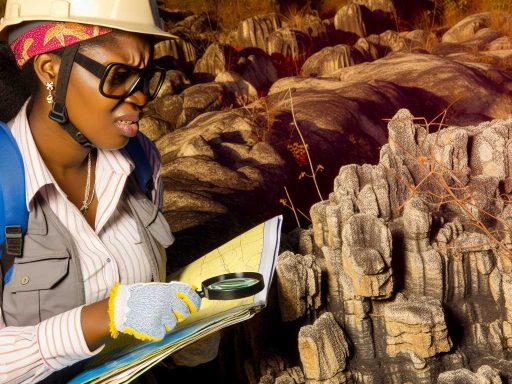Sciences
Advancing in Sciences in Nigeria
Nigeria’s science sector is a crucial engine for development and innovation, offering vast opportunities in research, healthcare, environmental conservation, and more.
For those passionate about exploring the mysteries of the universe, improving public health, or solving environmental challenges, a career in sciences promises rewarding pathways.
This guide highlights key steps for establishing a successful career in the sciences within Nigeria.
Embarking on Your Scientific Journey
Choosing Your Field
- Identify your passion: Whether it’s biological sciences, physics, chemistry, or environmental science, pick a field that intrigues you.
- Consider societal needs: Align your interests with areas that address Nigeria’s unique challenges and opportunities for impact.
Acquiring Formal Education
- Pursue science degrees: Obtain a bachelor’s degree in your chosen science discipline from a reputable university.
- Advance your studies: Consider master’s and doctoral programs to deepen your expertise and enhance your career prospects.
Gaining Valuable Experience
Securing Internships and Research Opportunities
- Seek practical experience: Look for internships in laboratories, research institutions, or relevant industries.
- Participate in research projects: Engage in research during your academic studies to gain hands-on experience and contribute to scientific knowledge.
Volunteering and Community Engagement
- Contribute to community projects: Volunteer for science-related community service projects to apply your knowledge and gain experience.
Enhancing Your Skill Set
Developing Technical Proficiency
- Master scientific methods: Gain proficiency in scientific research methodologies and data analysis techniques.
- Stay technologically adept: Learn to use the latest laboratory equipment and software relevant to your field.
Cultivating Soft Skills
- Improve communication: Develop the ability to communicate complex scientific concepts clearly to diverse audiences.
- Enhance teamwork abilities: Collaborate effectively in multidisciplinary teams to tackle complex scientific problems.
Building a Professional Network
Engaging with Scientific Communities
- Join professional associations: Become a member of scientific societies in Nigeria to access resources, networking opportunities, and professional development.
- Attend conferences and seminars: Participate in scientific gatherings to present your work, learn from others, and make professional connections.
Seeking Mentorship
- Find a mentor: Look for experienced scientists who can offer guidance, share insights, and support your career development.
Navigating the Job Market
Preparing Your Application
- Highlight relevant experience: Tailor your resume to showcase your education, internships, research projects, and publications.
- Customize cover letters: Write specific cover letters for each job, emphasizing how your background and aspirations align with the role.
Conclusion
A career in the sciences in Nigeria is both a noble pursuit and an exciting challenge, offering the chance to explore, discover, and make meaningful contributions to society.
By securing a solid educational foundation, seeking practical experience, and engaging actively with the scientific community, you can pave a successful path in the vibrant world of science.









